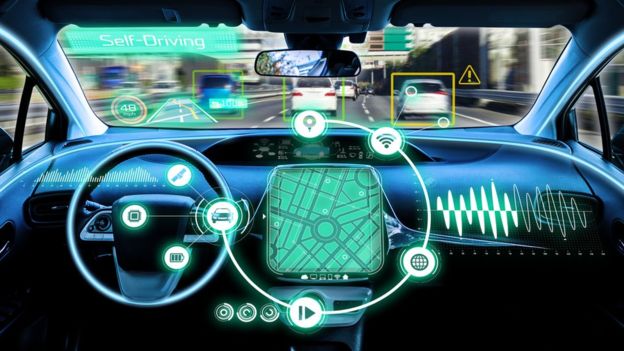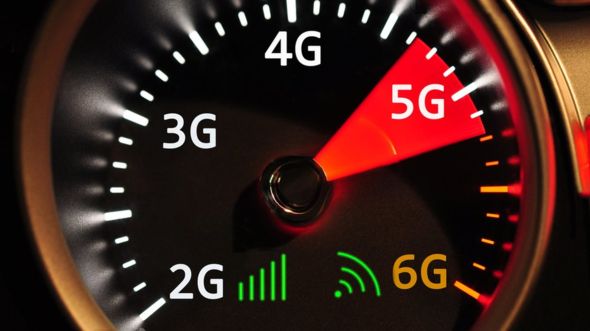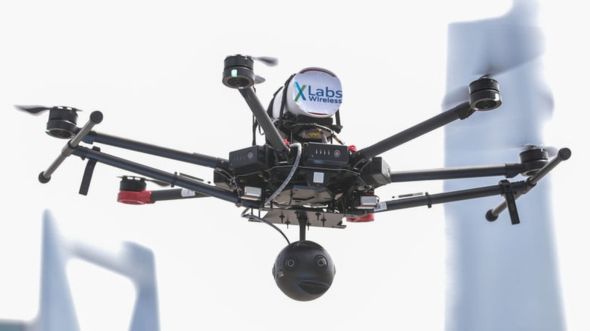
Superfast Internet “fifth generation 5G” mobile internet could be launched early as next year in some countries, promising download speeds 10 to 20 times faster than we have now yeah its true i also first time shocked. But what difference will it really make to our lives? Will we need new phones? And will it solve the “notspot” issue for people in remote areas?
What is 5G exactly?
it’s the next – fifth – generation of mobile internet connectivity which is much faster data download and speeds and more stable connections.
It’s all about making better use of the radio spectrum and enabling far more devices to access the mobile internet at the same time.
What will it enable us to do?
Whatever we do now with our smartphones we’ll be able to do faster and better. Think of smart glasses featuring augmented reality, mobile virtual reality, much higher quality video, the internet of things making cities smarter.
“But what’s really exciting is all the new services that will be built that we can’t foresee.”

Imagine swarms of drones co-operating to carry out search and rescue missions, fire assessments and traffic monitoring, all communicating wirelessly with each other and ground base stations over 5G networks.
Similarly, many think 5G will be crucial for autonomous vehicles to communicate with each other and read live map and traffic data.
Is it very different to 4G?
Yes, it’s a brand new radio technology, but you might not notice vastly higher speeds at first because 5G is likely to be used by network operators initially as a way to boost capacity on existing 4G (LTE – Long-Term Evolution) networks, to ensure a more consistent service for customers. The speed you get will depend on which spectrum band the operator runs the 5G technology on and how much your carrier has invested in new masts and transmitters.
So how fast could it be?
The fastest current 4G mobile networks offer about 45Mbps (megabits per second) on average, although the industry is still hopeful of achieving 1Gbps (gigabit per second = 1,000Mbps). Chipmaker Qualcomm reckons 5G could achieve browsing and download speeds about 10 to 20 times faster in real-world (as opposed to laboratory) conditions.

This is for 5G networks built alongside existing 4G LTE networks. Standalone 5G networks, on the other hand, operating within very high frequencies (30GHz say) could easily achieve gigbabit-plus browsing speeds as standard. But these aren’t likely to come in until a few years later.
When is it coming?
Most countries are unlikely to launch 5G services before 2020, but Qatar’s Ooredoo says it has already launch a commercial service, while South Korea is aiming to launch next year, with its three largest network operators agreeing to kick off at the same time. China is also racing to launch services in 2019.

Meanwhile, regulators around the world have been busy auctioning off spectrum to telecoms companies, who’ve been experimenting with mobile phone makers on new services.
Will it work in rural areas?
Lack of signal and low data speeds in rural areas is a common complaint in the UK and many other countries. But 5G won’t necessarily address this issue as it will operate on high-frequency bands that have a lot of capacity but cover shorter distances.

Lower-frequency bands (600-800Mhz typically) are better over longer distances, so network operators will concentrate on improving their 4G LTE coverage in parallel with 5G roll-out.
If you have any other question which you think it must be on this list then feel free to share with us in comments below.